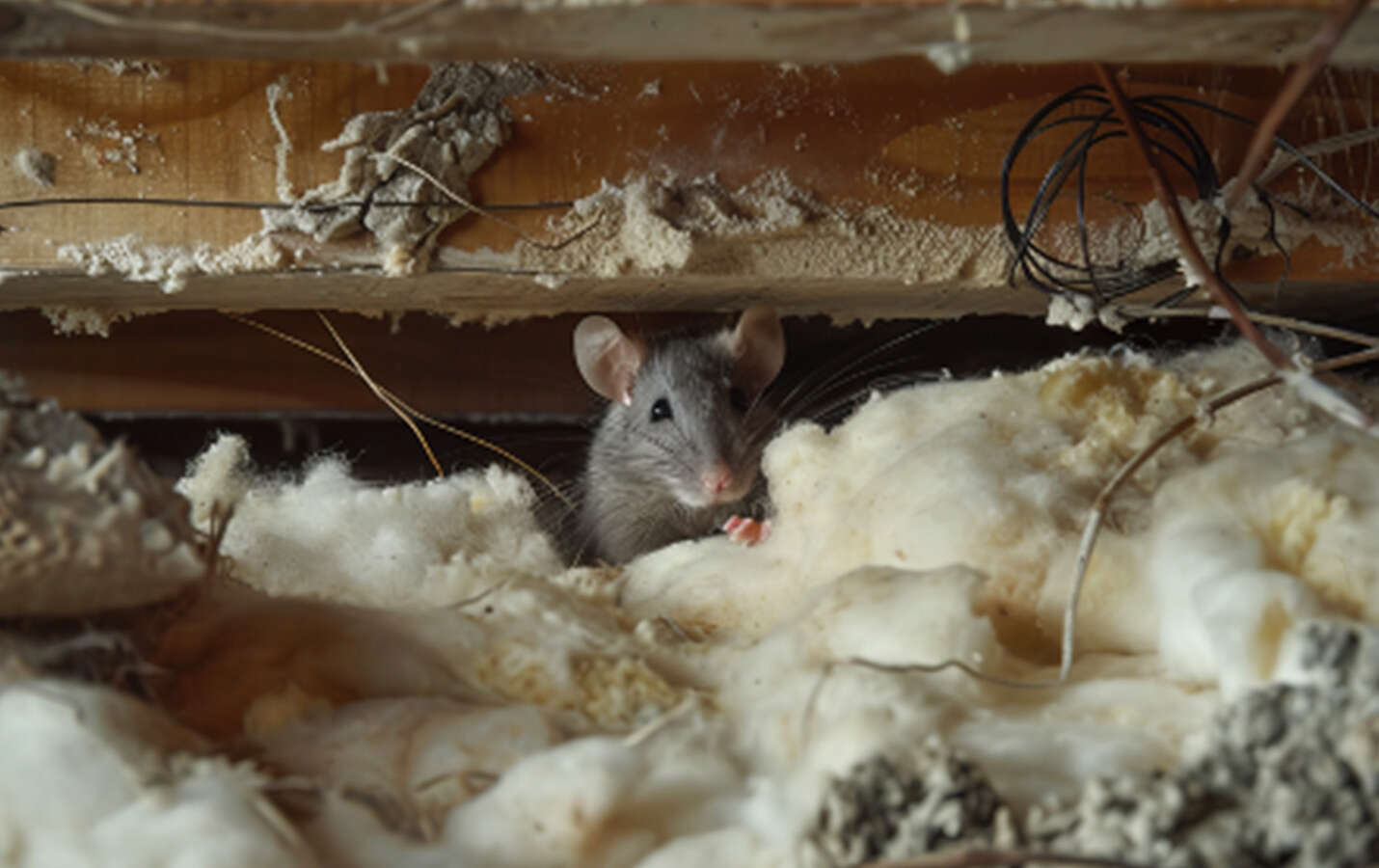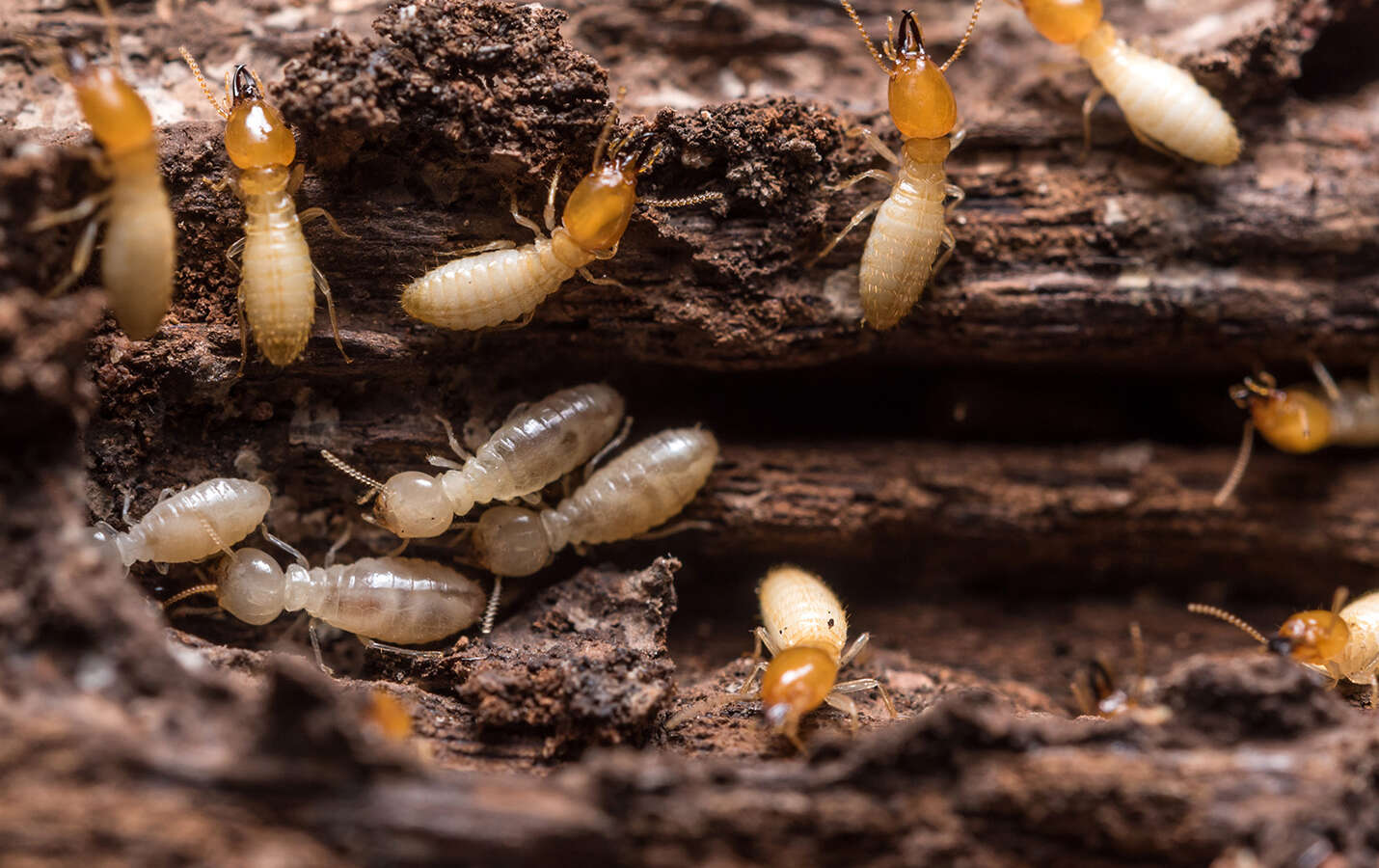As the summer heats up in Northeast and Central Pennsylvania, so does the activity of stinging insects. Homeowners and businesses alike are increasingly encountering these pests, which can pose significant safety risks. In this blog post, we’ll explore how to manage and prevent stinging insects to ensure a safer summer. Whether you’re seeking advice on identifying common stinging insects, preventing infestations, or dealing with nests, we’ve got you covered.
Identifying Common Stinging Insects
Understanding which stinging insects you’re dealing with is the first step in effective pest management. In Pennsylvania, the most common stinging insects include wasps, hornets, bees, and yellow jackets.
Wasps: Wasps have slender bodies with narrow waists and smooth, shiny exteriors. They are often mistaken for bees but are generally less hairy. Common types include paper wasps and mud daubers. Wasps can be aggressive, especially when their nests are disturbed.
Hornets: Hornets are a type of wasp but are typically larger and more aggressive. The most common hornet in Pennsylvania is the bald-faced hornet, recognizable by its black and white coloring and large, football-shaped nests.
Bees: Bees are generally less aggressive than wasps and hornets. Honeybees and bumblebees are the most common types in the region. Honeybees have golden-brown coloring with black stripes, while bumblebees are larger and fuzzy. Bees are crucial pollinators, so their removal should be handled with care.
Yellow Jackets: Yellow jackets are a type of wasp known for their aggressive behavior and distinctive black and yellow markings. They often build nests in the ground, making them easy to disturb inadvertently.
Prevention Tips for Homeowners
Preventing stinging insect infestations begins with making your property less attractive to these pests. Here are some practical tips to help you avoid issues with wasps, hornets, bees, and yellow jackets.
Seal Entry Points: Inspect your home for gaps, cracks, and holes where stinging insects can enter. Seal these openings with caulk or other appropriate materials.
Remove Food Sources: Stinging insects are attracted to food and sugary substances. Keep garbage cans tightly sealed, clean up food and drink spills promptly, and avoid leaving pet food outside.
Maintain Your Yard: Regularly mow your lawn and trim bushes and trees to reduce hiding spots for nests. Remove any fallen fruit from trees, as it can attract yellow jackets and other stinging insects.
Avoid Standing Water: Stinging insects need water to survive. Eliminate standing water around your property, such as in birdbaths, gutters, and plant saucers.
Use Insect Repellents: Apply insect repellents when spending time outdoors, and consider using insect traps and deterrents around your property.
What to Do if You Encounter a Nest
Discovering a stinging insect nest on your property can be alarming. It’s essential to handle the situation with care to avoid provoking the insects and getting stung.
Stay Calm: If you come across a nest, remain calm and move away slowly. Sudden movements can agitate the insects.
Do Not Disturb the Nest: Avoid attempting to remove or disturb the nest yourself, especially if it’s a large nest or if you’re dealing with aggressive species like hornets or yellow jackets.
Call a Professional Exterminator in Pennsylvania: Professional pest control services have the expertise and equipment to handle stinging insect nests safely. At NEPA Pest Control, we specialize in the safe removal and management of wasps, hornets, bees, and yellow jackets. Our trained technicians will assess the situation and implement effective strategies to eliminate the nest and prevent future infestations.
First Aid for Stings
Even with preventive measures, stings can happen. Knowing how to respond can alleviate pain and prevent complications.
Remove the Stinger: If stung by a bee, remove the stinger as quickly as possible using a scraping motion with a flat object like a credit card. Avoid using tweezers, as squeezing the stinger can release more venom.
Clean the Area: Wash the sting site with soap and water to reduce the risk of infection.
Apply Cold Compress: Use a cold compress or ice pack to reduce swelling and pain. Apply for 10-15 minutes at a time.
Use Over-the-Counter Remedies: Over-the-counter antihistamines, pain relievers, and topical treatments like hydrocortisone cream can help alleviate itching and discomfort.
Seek Medical Attention: If you experience severe symptoms such as difficulty breathing, swelling of the face or throat, dizziness, or a rapid heartbeat, seek medical attention immediately. These may be signs of a severe allergic reaction (anaphylaxis).
Conclusion
Managing and preventing stinging insects in Northeast and Central Pennsylvania requires a proactive approach. By understanding how to identify common stinging insects, implementing preventive measures, and knowing what to do if you encounter a nest, you can enjoy a safer summer. Remember, professional pest control services like DCS Pest Control are always available to assist with any stinging insect issues you may face. Our experienced exterminators are committed to providing effective, safe solutions to keep your property free from stinging insects. Contact us today to schedule an inspection and take the first step towards a pest-free summer.



